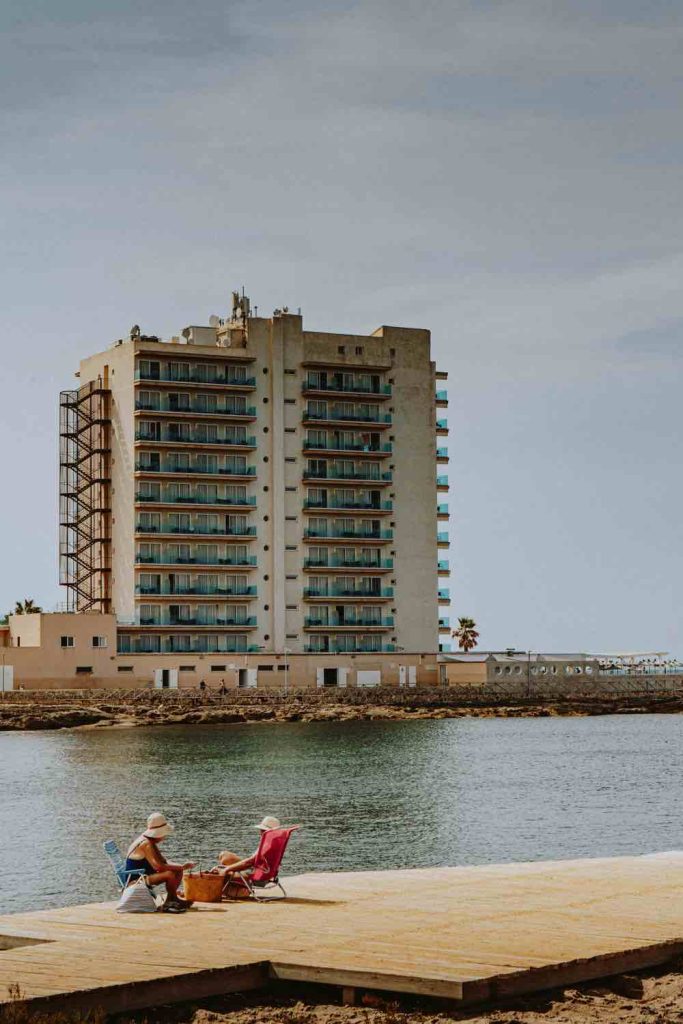
Table of Contents
Last update: December 9, 2020
With over 300,000 UK expats, Spain is the most popular destination for UK citizens moving abroad. 24% of these are retirees, choosing to enjoy their later years in the sunshine of the Costa del Sol and the Costa Blanca. Last year we already wrote about why it is a good idea to retire in Valencia, and in this post, we’ll give you some tips and some handy links to services that can help you make your retirement in Spain everything you wanted it to be.
1. Weighing up the costs
The cost of your retirement depends mostly on your lifestyle. A frugal retirement of €1000 per month is possible, but a comfortable retirement is generally around €1250-€1500 per month. The cost of living is low; Valencia in Spain comes in 205th on the Cost of Living Index in 2018, slightly above Costa Rica and Thailand, and the majority of expats consider this to be one of the biggest benefits of making the move abroad.
But there are other considerations; where you move is a big factor in cost. Living in dedicated accommodation amongst other EU retirees is invariably more expensive. Some people choose to go to small villages further out where rents are much cheaper, though the life is harder to adjust to. The two main areas for British expats are the Costa del Sol and the Costa Blanca. There is a wide range of apartments available in all types of town and village. Spend some money and visit the places you think you might want to live to get a feel for them.
2. Healthcare
Spain has a National Health Service, so for expats with residency permits, healthcare is free, the queues are smaller, and there is more investment in the service. For those who choose to take out private healthcare, the premiums are lower than in the UK and the services are world standard. Full access is guaranteed to healthcare for expats who meet the following criteria.
- Be an employee or self-employed worker, affiliated with the Social Security and in a situation of discharge or assimilated to the discharge.
- Hold pensioner status in the Social Security system.
- Being a beneficiary of any other periodic Social Security benefit, including unemployment benefits and other similar benefits.
- Have exhausted unemployment benefit or other benefits of similar nature, be unemployed, not prove the status of insured by any other title and reside in Spain
3. Finding the right place
Since the housing crash of 2008, prices have almost recovered to their pre-crash levels. Housing is still cheaper than the UK, but of course, this depends on the location you choose. In the expat hotspots of the south and east coast, prices are higher as estate agents increase their prices to foreigners. Most of the urbanisations (residential estates) in these areas have all of the amenities retirees could ever need, local shops, swimming pools, gyms, all in the same place. For expats looking to move further afield, be aware that there is a lot to take on, from language to culture. It is best to rent for the first year before buying property to know if you really are in the right place.
4. Language
If you choose to live in an area such as Malaga or Valencia with a big population of expats, you’ll find friends and others from Europe who speaks English and a higher number of Spaniards who also speak English. Though if you are looking for something more adventurous, and wish to move off the beaten track to a Spanish city in the interior, it may be worth learning the basics. There are Spanish language academies in most towns and cities. To learn online, we recommend the classes of Michel Thomas which are a great way for older people to pick up the basics of the spoken language.
5. Make a will
European law has made progressive steps in unifying the laws of succession throughout all EU countries, Regulation (EU) 650/2012. Though all EU countries signed to the regulation except, of course, the UK, Ireland and Denmark. There is still some confusion as to exactly how the law applies to habitual residents of Spain, though in the case of no will, the default regulation goes to that of Spain. To alleviate any problems that might occur with your succession, make a will.
6. Taxation
The tax system in Spain is labyrinthine. Most advice recommends a lawyer, but we recommend an assessor (accountant) who will take care of all the tax issues you may face, and also even save you money through grants and benefits. Spain is a country filled with law graduates, and accountants generally work for less money than in the UK, so relax in your retirement and get someone to handle your taxes.
7. General advice
Spain works differently and the pace of life is something it may take time to adjust to. Lunches are late and long. From 2 pm to 4 pm most shops close and restaurants are busy. Food is cheap during the day so it’s quite easy to have a good meal with wine for 10€ and enjoy some company.
The Spanish are a friendly bunch, you’ll find them always to be warm and inviting, and especially if you speak a few words of the language. Making a move to spend your retirement abroad is something most people find daunting, but rewarding. Be meticulous about planning and definitely ask for help. If you would like to retire in Spain, call us and we’ll do our best to answer any questions you may have.
Globexs rentals
Globexs offers a wide range of flexible temporary expat rentals in all price ranges.






